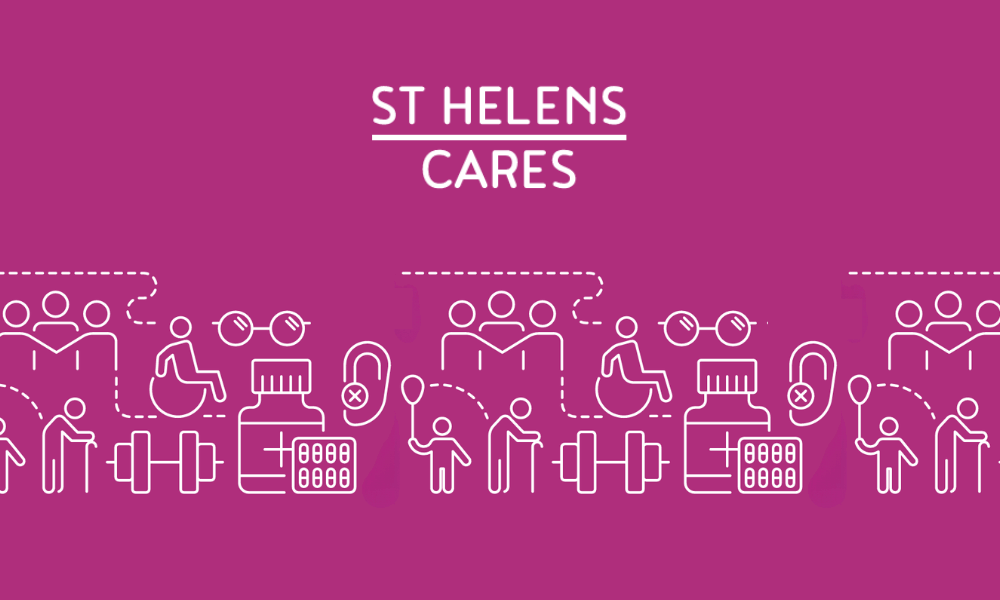Recovery and rehabilitation: How specialist social workers support individuals with brain injuries
At Pertemps Social Care, we recognise that adult social workers are dedicated to enhancing the well-being, independence, and quality of life for the individuals they support.
They support many people with complex needs, including physical disabilities, mental health issues, learning disabilities, age-related conditions, and other vulnerabilities.
Among these, individuals with acquired brain injuries often require specialised attention.
Some local authorities have specialist resources: Leeds City Council, for example, provides specialist support for individuals with brain injuries through its Integrated Commissioning Executive and Adult Social Care teams. In Manchester and Hampshire, people with brain injuries can access specialist services through social care teams, including specific rehabilitation support. Several London boroughs, including Camden, Islington, and Southwark have specialist teams or social workers dedicated to brain injury rehabilitation and support.
The critical role of specialist brain injury social workers
Specialist brain injury social workers are essential in supporting individuals who have sustained brain injuries, as well as their families. Their role is multifaceted, including direct support, advocacy, service coordination, and education.
Assessment and intervention
Social workers play a vital role in the assessment and treatment of people with acquired brain injuries. It’s a complex and often hidden disability that can significantly impact cognitive, emotional, and social functioning and can be hard to diagnose, or mistaken for other conditions.
Individuals can appear to be egocentric or self-centred.
Many survivors experience a range of cognitive, behavioural, psychological, and physical disabilities, leading to impaired social competence. This often presents as disinhibited speech, impulsivity, poor social skills, and judgment. Individuals can appear to be egocentric or self-centred, usually unintentionally. These traits can destabilise relationships and make it difficult for them to form new connections. Consequently, many survivors face social isolation, depression, and a diminished quality of life. Barriers to returning to work or finding employment can further exacerbate these issues, leading to reduced income and reliance on the benefits system. Social work support can be pivotal in avoiding this downward spiral.
Targeted, specialist support
Brain injury social work teams provide crucial support throughout the brain injury care pathway, from the acute stage and sub-acute inpatient rehabilitation to community reintegration.
Managing family distress and expectations
Social workers understand that family members often experience significant distress due to the impairment, disability, and behavioural and personality changes that follow a brain injury. The impact can be devastating, and some people underestimate the disability and hold unrealistic expectations in terms of recovery.
Supporting families is essential, as they often become the primary lifelong support network for the brain injury survivor. Social workers can help families adjust, raising awareness, and offering behavioural management strategies, with support from a wider multidisciplinary team.
Brain injury teams offer information, emotional support, referrals, signposting, and community care assessments to meet ongoing needs. Their goal is to maximise the brain injury survivor’s potential and support their continued adjustment. Specialist social workers are integral to this process, as they play a pivotal role amongst health professionals and social care providers.
Training and support for social workers
Social workers have a unique opportunity to advocate for the people they support. To do this effectively, they need appropriate training and support to recognise brain injuries, understand their consequences, and address the resulting care needs.
Becoming a specialist brain injury social worker involves a combination of education, experience, and specialised training.
Pathway to becoming a specialist brain injury social worker
Becoming a specialist brain injury social worker involves a combination of education, experience, and specialised training:
- Continuing Professional Development (CPD): Engage in CPD activities focused on brain injury, such as workshops, seminars, and short courses offered by organisations like the Brain Injury Social Work Group (BISWG) or Headway.
- Specialist Courses: Consider enrolling in courses on acquired brain injury or traumatic brain injury. Some universities and other organisations offer specific modules or certifications in brain injury rehabilitation.
Gaining experience in brain injury
Pursue roles that focus on brain injury, such as positions in hospital neurorehabilitation units, community brain injury services, or specialised brain injury charities and organisations. Volunteering or internships in brain injury rehabilitation centres can also provide valuable experience and insights into this area.


